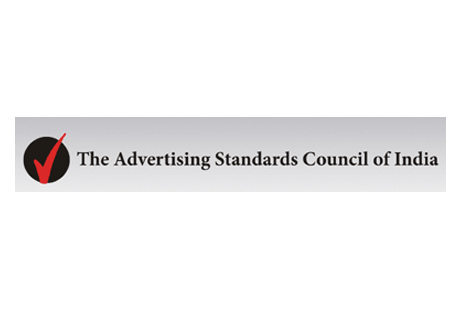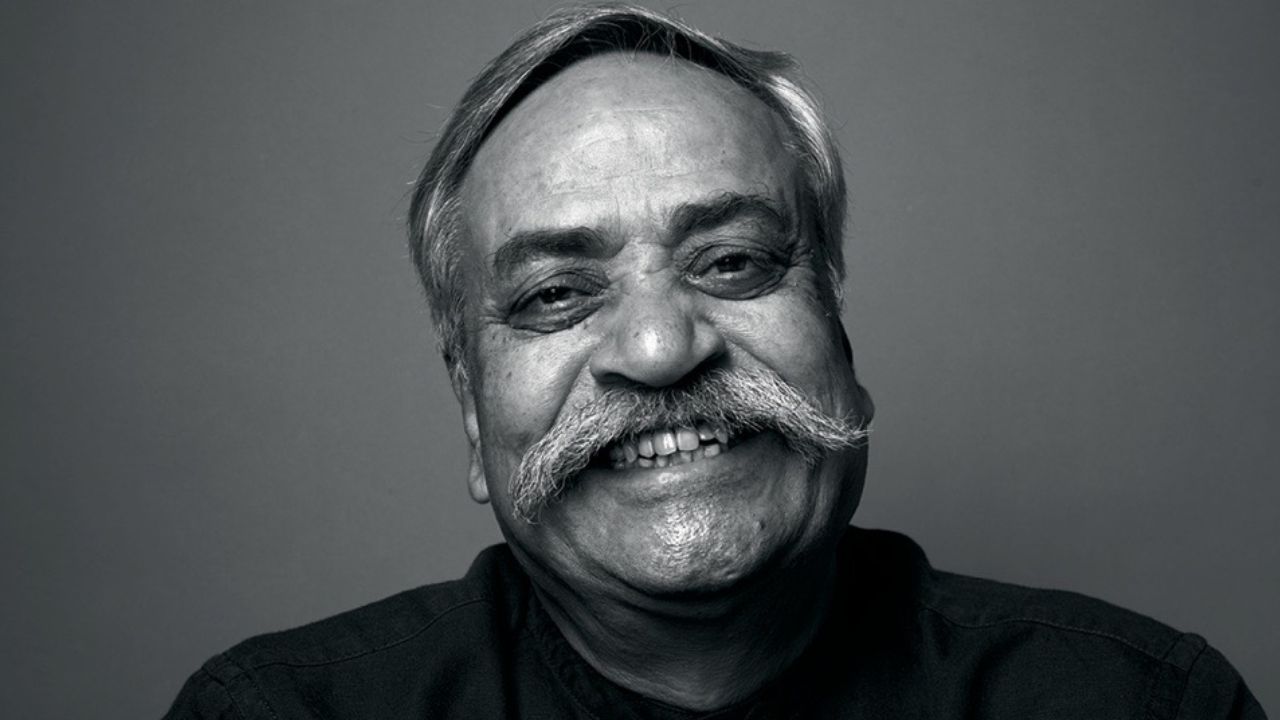The Advertising Standards Council of India (ASCI) organised a conference to discuss and debate the issue of “Strengthening of self regulation of advertising content” on November 17, 2011.
The conference began with I Venkat, chairman, ASCI, updating the assembly on the various initiatives undertaken by the body in recent times. “As part of our evolving self-regulatory system, we have increased the frequency of our Consumer Complaints Council’s meetings to twice a month since November. The ‘Fast Track’ service announced recently has already received positive response.”
In her inaugural address, Ambika Soni, minister, I&B, commended ASCI for creating best practices through self regulatory mechanism and various codes of conduct in advertising content. However, she, along with Prof K V Thomas, minister of state, ministry of food, consumer affairs & public distribution urged ASCI to further improve the self-regulatory mechanism by speeding up the processes and compliance of its codes for advertising content. Soni also asked ASCI to increase its membership so that a larger cross-section of people can be represented by the body. “Last year, there were 200 complaints from 159 advertisements; while in the eleven months of 2011 there have been 777 complaints from 119 advertisements. Either, the consumers have become more aware or more such ads are being made,” she said.
“Self regulation is an evolving system in response to the growing aspirations of the consumer or the common man. Advertising is the principle motivator of growth in consumer demand, thus making the role of a creative person extremely significant. The current self regulation mechanism has evolved as a result of the concern shown by the consumer. The key intention here is that all of us should sensitize ourselves to ensure that 1.2 billion people can enjoy the freedom entrusted to us,” she added.
The conference comprised three technical sessions to discuss issues and solutions related to: Decency in advertising; Honesty & truthfulness in advertising and F&B Advertising.
The first session, moderated by Anuradha SenGupta, anchor/editor, CNBC’s Storyboard, saw Piyush Pandey, executive chairman and creative director, South Asia, O&M; Rajiv Takru, additional secretary, Ministry of I&B and Akhila Sivdas, managing trustee & director, CFAR debating the issue “Decency in advertising – sensible, sensitive, sensational, sexy – where do we draw the line?”
Pandey began his presentation with an audio-visual capsule that showcased a mix of advertising and Bollywood clips from the past and the present, representing the way advertising reaches homes. “While advertising needs a conscience, it has to also gauge the changing environment and respond accordingly. If we’d thought too much about what Geeta from Gorakhpur would think about a girl dancing on a cricket field two decades ago, the Cadbury’s ‘Kya Baat Hai Zindagi Mein’ would never have been made,” he said. “What is edgy and what’s not will only come through self regulation. We need to be prudent and not prudes.”
Sivdas, however felt that not enough is being done by ASCI to prevent objectionable campaigns from appearing in print and television. “ASCI is too slow, vacillating on too many issues and defending the indefensible,” she said. “The spirit of self regulation has so far been a knee-jerk reaction from ASCI which leads to a cooling period by the advertisers and then they return even more violently. We need to consider the highly fragmented and variegated society we live in while creating offensive advertisements.”
Takru, too, felt that the media and the society need to carry the weakest in their move forward. “For a large mass of Indian media and advertising is the God’s truth. We don’t realise the reach of media and the sheer impact it can have on the society. Self regulation can work but only if the people who want to be self regulated can practice self control. Also, there has to an absolute respect for the umpire.”
In the last two sessions, some speakers felt that prevention, education and penalty need to work hand-in-hand to make a difference. None of the factors can work in isolations, especially in cased where a transaction has been made based on advertising claims. “Self regulation cannot work without norms and norms need to be decided on a statue,” said Pankaj Agrawala, additional secretary, Ministry of Consumer Affairs. “An advertisement being withdrawn is just recourse. Much more needs to be done when consumers’ right to information is impaired and for that the legal system has to be activated.”




